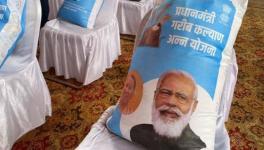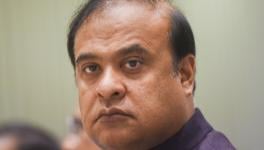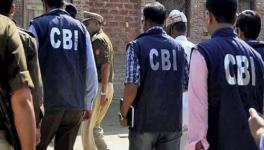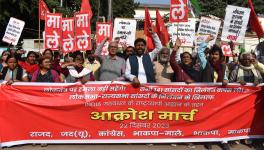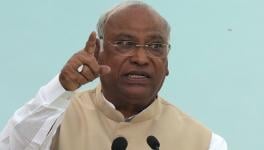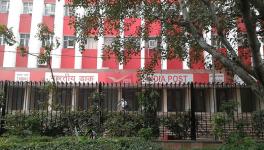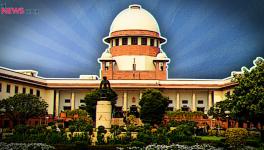Editors Guild Expresses Grave Concerns over Digital Protection Bill's Impact on Press Freedom
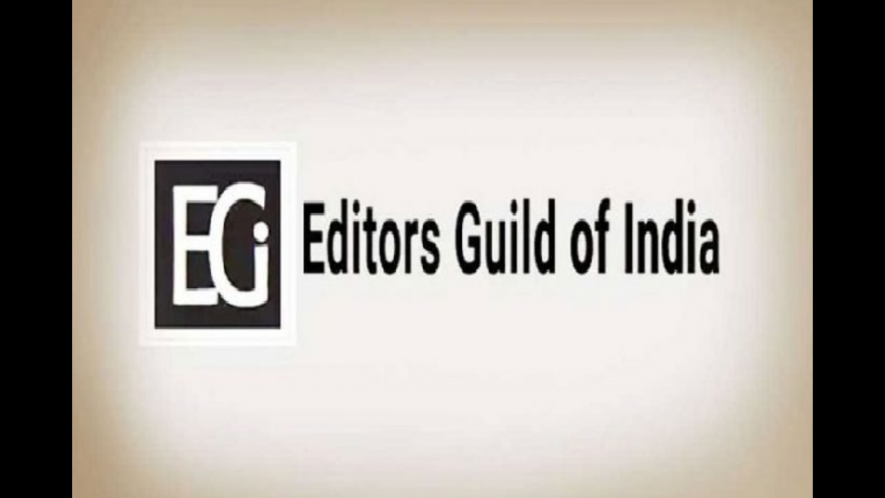
File Image
New Delhi: The Editors’ Guild of India (EGI) has voiced its apprehensions regarding the implications of the Digital Personal Data Protection Bill, 2023, on press freedom, scheduled to be tabled in the Lok Sabha today.
Calling for a thorough review of the Bill's provisions, the EGI, in press release on Sunday, urged that the Bill be referred to the Parliamentary Standing Committee for further perusal.
The Guild highlighted several key areas of concern, emphasising the potential adverse effects on democratic processes, press freedom, and the Right to Information (RTI). One of the primary points of contention lies in the manner in which the Bill was introduced in Parliament, it said.
The Guild also noted irregularities, including a lack of transparency in the public consultation process and lapses in parliamentary procedure during the Bill's introduction.
These issues have led to a draft that offers diminished safeguards compared with the recommendations by the Justice BN Srikrishna Expert Committee and the landmark Privacy Judgment of the Supreme Court in Justice K. S. Puttaswamy v. Union of India, the EGI statement read.
EGI also expressed “alarm” over provisions related to surveillance, censorship, and the lack of surveillance reform within the Bill.
While ostensibly aimed at promoting data protection, the Bill has been criticised for creating a framework that enables government surveillance of citizens, including journalists and their sources, it said.
It cited specific clauses, such as 17(2)(a) and 17(4), that have been singled out for permitting the government to exempt "instrumentalities of the State" from data protection regulations and retaining personal data indefinitely. Moreover, Section 36 grants the government the authority to demand personal information from public or private entities, potentially including journalists and their sources, it noted.
Additionally, the Bill's potential impact on censorship powers is of concern.
Clause 37(1)(b) gives the Union Government authority to censor content on vague grounds "in the interest of the general public," potentially extending censorship powers beyond the existing provisions under the Information Technology Act, 2000, it said, warning that such expansion could infringe on the constitutionally protected right to free expression.
The EGI also expressed disappointment with the Bill's lack of exemptions for journalistic activities. Concerns were raised about the absence of provisions that balance personal data protection with the public interest in cases where journalistic reporting conflicts with data protection rights.
The EGI also warned against the Bill's potential impact on the Right to Information (RTI) Act.
It criticised certain clauses, like 44(3), were criticised for expanding exemptions that government ministries and departments could use to reject RTI applications based on the grounds of personal information, thereby shifting the balance in favour of non-disclosure and potentially hindering accountability.
Concerns were also raised over the composition and appointment of the Data Protection Board. While the government enjoys significant exemptions, the independence and rulemaking powers of the board have been questioned. The Guild highlighted the need for an independent board to ensure credibility and effectiveness.
In conclusion, the EGI urged the Ministry of Electronics and Information Technology to reevaluate the contested provisions and strive to create data protection legislation that respects citizens' rights to free expression, information, and a free press.
It called on the Speaker of the Lok Sabha to refer the Bill to the Parliamentary Standing Committee for further deliberation and reconsideration of these concerns.
Get the latest reports & analysis with people's perspective on Protests, movements & deep analytical videos, discussions of the current affairs in your Telegram app. Subscribe to NewsClick's Telegram channel & get Real-Time updates on stories, as they get published on our website.









